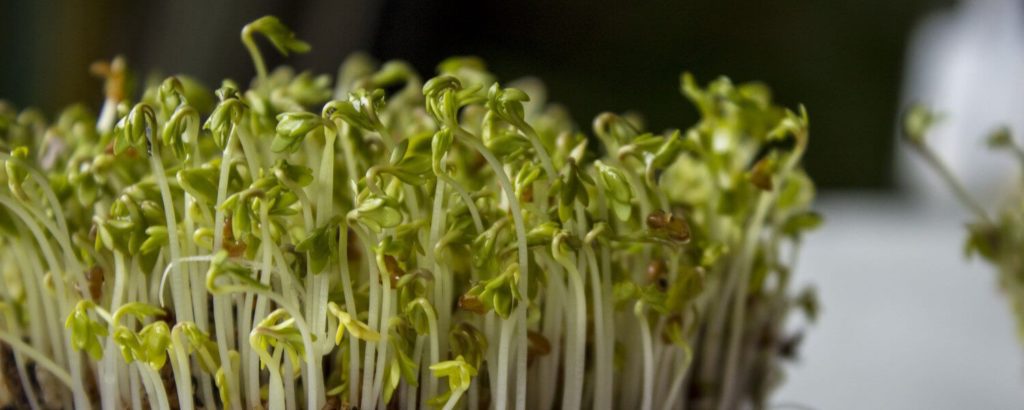Within the GTA, there are different zones for hardiness, but there’s one truth that is equal to all the areas: winter gardening isn’t easy! Snow, ice, blowing polar vortex winds… It’s not a recipe for joyful digging in the dirt.
As a result, those of you who are passionate about your gardens and landscaping may find the long months of winter hard, but there are ways you can keep going, to keep your passion alive through the deep freeze.
Did You Keep A Garden Journal?
Think of it like scrapbooking but it’s all about your garden: pictures, notes on when you planted and what, how it went, and more. As the winter weather sets in, you can sit by the fire and review your journal from the past season(s) and make some plans for next spring. If you didn’t keep a journal this year, think about it for next year and add it to your holiday wish list. Lee Valley has an excellent one!
If you took photos of your garden, think about putting them into a photobook. You can take your digital images and make a book online that will be printed, bound and shipped directly to your door. This way, you can peruse your images while you sip a hot toddy.
Order Up Seed Catalogues
Part of your planning can include some enjoyable hours poring over seed catalogues. Keeping in mind the hardiness zone in Mississauga, which is 6b, you can look through all your options for perennials, annuals, edibles and more, deciding what you want to add and when it would be best to start.
Add Some Indoor Greenery
House plants will help you forget that the snow is falling outside. You can spend your winter months babying your indoor plants. Just remember that most homes lack some humidity in the winter, so you will have to make sure your plants get plenty of water and misting.
Some lovely seasonal options are:
- Christmas cactus
- Poinsettias
- Miniature evergreen
Another fun project is to create a terrarium. These tiny landscapes are fun to put together and a great project for kids too. They add a decorative focus that speaks to your green thumb, even in February. Cacti and succulents make the best choices, but you can also add rocks, moss and other features to jazz up your mini-garden.
Join A Garden Club
If you can’t garden, you can at least talk about gardening and landscaping with people who are interested in the topic as you are! Join a local garden group or horticultural society: they often use the winter months to bring in speakers on a variety of interesting topics. Don’t have one locally? Start your own!
Grow Edibles Indoors And Out, Even In January
With raised box beds that have lids, for example, you can grow veggies all year long. The key to remember is that snow is not the problem, for growing edibles in the winter: it’s ice.
For this, you’ll need to start in August / September with planting out happening before the first frost. On warmer, sunny winter days, you can open the lids of your planting boxes, so that the plants get some air and a little sunshine. When it’s cold and icy, keep them closed and protected.
What can you grow outdoors in winter?
- Broccoli
- Kale
- Leaf lettuce — spinach, mustard, arugula
- Brussel sprouts
- Swiss chard
- Carrots and other root vegetables like beets
You can also continue to grow parsley and chives, and the beauty of herbs is that they will thrive indoors as well.
What can you grow indoors in winter?
Your best bet is to stick to herbs, which can flavour your cooking throughout the winter. You can start some from cuttings which will grow roots in water, like mint. Others can be grown from seeds, like basil and chervil.
Whatever you choose, just remember that the dry conditions in a centrally heated home mean that you have to pay special attention to your indoor herb garden, ensuring that they get the moisture they need.
- Oregano
- Thyme
- Chives
- Mint
- Rosemary
- Parsley
- Chervil
- Basil
With all of those ideas, even the most ardent of gardeners can find something to do to keep them going through winter. What will you choose?9

